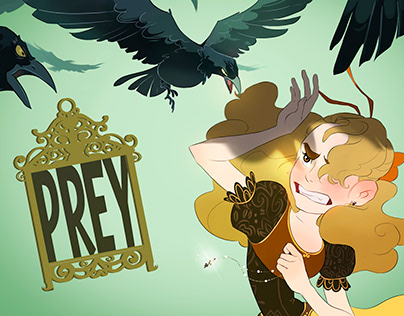

Yet a significant find from a cemetery near the modern town of Lefkandi on the large Greek island of Euboea suggests greater sophistication during these murky centuries than was previously thought. Traditionally, historians term the chaotic period that followed the catastrophic breakdown of the Mycenaean palace centres as the ‘Dark Ages’. Because these beasts are headless (the lost heads, which would have faced outwards, were once attached using dowel pins), there is a theory that they weren’t lions at all, but griffins – perhaps in honour of the griffins that had appeared in earlier Minoan art. They flanked the chamber’s so-called throne, as though conferring supernatural power upon whoever sat there.Īt the site of Mycenae on mainland Greece, the splendid ‘Lion Gate’, a monumental limestone relief featuring two leonine creatures on either side of a central column, dominates one entrance to the citadel.

The famous ‘Throne Room’ in the Minoan palace at Knossos on Crete was decorated with frescoes of elegant griffins – hybrid creatures with the bodies of lions and the heads of birds of prey. For instance, they star in the art of both the Minoan and Mycenaean civilisations of the Bronze Age. What was the significance of all these ferocious supernatural beasts? Fantastical animals were already part of the repertoire of Aegean craftsmen in prehistory, a millennium before the high point of the classical age in Athens in the Fifth Century BC. Lots of them were on show recently in New York, decorating all sorts of objects in the Metropolitan Museum of Art’s exhibition Assyria to Iberia at the Dawn of the Classical Age.

When we consider Greek art, we tend to envisage marble statues of Olympian gods – but gorgons, griffins, centaurs and sphinxes are actually just as common. One of the most intriguing aspects of ancient Greek art is its glut of fantastical creatures. And nowhere is this more visible than in their art. Their society was shaped by strange and primal forces as much as the guiding light of reason. But it would be a mistake to imagine them as exclusively rational. After all, they invented democracy, philosophy and drama. What do you think about when you hear the words ‘ancient Greece’? The conventional view is that the ancient Greeks provided the bedrock for Western civilisation.


 0 kommentar(er)
0 kommentar(er)
